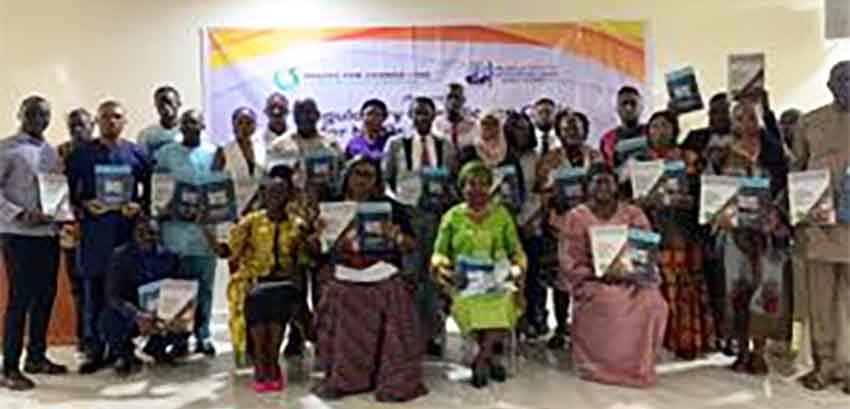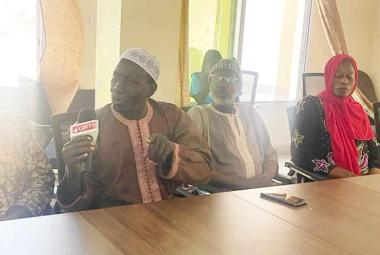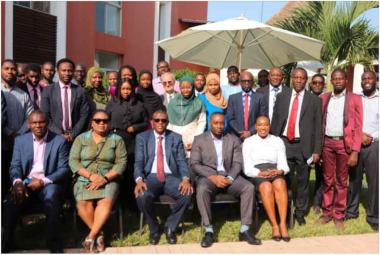by Awa Sowe
The African Commission on Human and Peoples’ Rights (ACHPR), in partnership with the African Centre for Democracy and Human Rights Studies (ACDHRS), recently launched at Baobab Hotel, two important reports - ‘Security First! The Impact of Security Laws on Civic Space in West Africa, and the Mapping Civil Society Engagement in Africa-led Peace Operations, published Spaces for Change.
The reports analysed how security laws and counter-terrorism initiatives affect civic space across West Africa. They delve into the significant challenges that civil society organisations (CSOs) encounter while maneuvering through an environment marked by increasingly stringent security regulations and counter-terrorism measures
The launch also celebrated the unveiling of a Regulatory Compliance Clinic (RCC)—a two-day forum aimed at fostering productive discussions among civil society organisations, regulatory authorities, legal professionals, and policymakers.
The clinic sought to tackle compliance challenges faced by CSOs in The Gambia and Sierra Leone, while also exploring the wider impact of security frameworks on civic engagement throughout the region.
Speaking on the occasion, Dr. LithaMusyimi-Ogana, the Commissioner at the African Commission on Human and Peoples’ Rights, highlighted the vital contributions of Civil Society Organisations in tackling pressing societal issues, including poverty alleviation, the safeguarding of human rights, and the promotion of democratic governance.
She said the ACHPR is actively working to enhance the role of civil society organisations (CSOs) and safeguard human rights defenders. This includes a comprehensive study that evaluates national laws in relation to the Guidelines on Freedom of Association and Assembly in Africa, identifying areas that require reform.
She explained that the development of the African Declaration on the Promotion of the Role of Human Rights Defenders and their Protection in Africa is designed to protect individuals who advocate justice, equality, and accountability.
Dr. Musyimi-Ogana emphasised that civil society organisations are crucial catalysts for change, and their capacity to operate without restrictions is fundamental to advancing human rights, democracy, and sustainable development.
Hannah Forster, Executive Director of the African Centre for Human Rights Studies, expressed profound gratitude to everyone involved in the Regulatory Compliance Clinic initiative. She highlighted the crucial importance of civil society in promoting democracy, human rights, and development across West Africa.
She also highlighted the growing complexity of regulatory environments and the difficulties smaller organizations face in meeting compliance standards due to limited resources.
She stressed that compliance is essential for maintaining credibility and sustainability, as well as mitigating risks such as money laundering and terrorism financing.
The reports provide a comprehensive analysis of counter-terrorism laws and peacekeeping efforts in Africa, shedding light on their implementation, effectiveness, and unintended consequences on civil society.
Across eight chapters and more than 100 pages, the studie highlight how counter-terrorism policies, while crucial for maintaining security, often create restrictive environments for CSOs.
One striking finding from the reports is the sharp increase in terrorist-related deaths, which reached 23,322 in 2022. In response, African nations, particularly in the Sahel-Saharan region and the Horn of Africa, have escalated counter-terrorism operations through both national strategies and multinational initiatives.
Since 2001, 38 African-led peace operations have been deployed across 25 countries, demonstrating regional commitment to conflict resolution and security.





